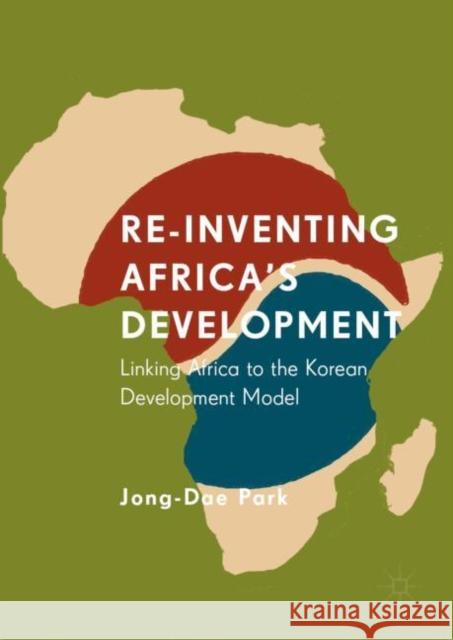Re-Inventing Africa's Development: Linking Africa to the Korean Development Model » książka
topmenu
Re-Inventing Africa's Development: Linking Africa to the Korean Development Model
ISBN-13: 9783030039455 / Angielski / Twarda / 2019 / 449 str.
Kategorie:
Kategorie BISAC:
Wydawca:
Springer Nature Switzerland AG
Język:
Angielski
ISBN-13:
9783030039455
Rok wydania:
2019
Wydanie:
2019
Ilość stron:
449
Waga:
0.73 kg
Wymiary:
15.9 x 22.0 x 3.6
Oprawa:
Twarda
Wolumenów:
01
Dodatkowe informacje:
Wydanie ilustrowane











